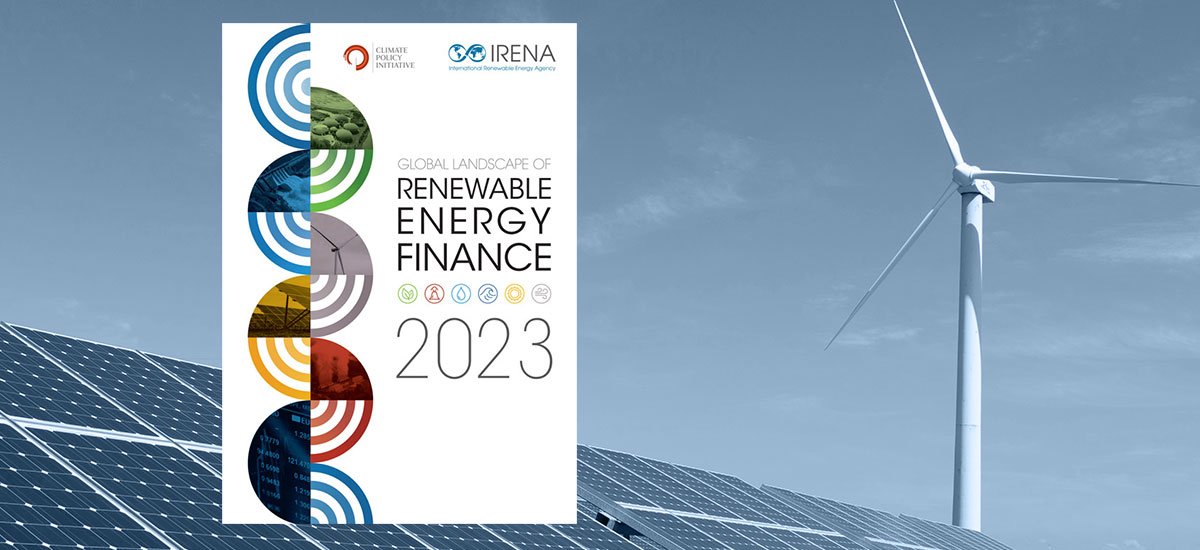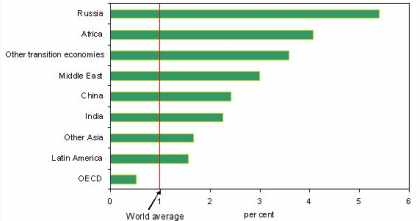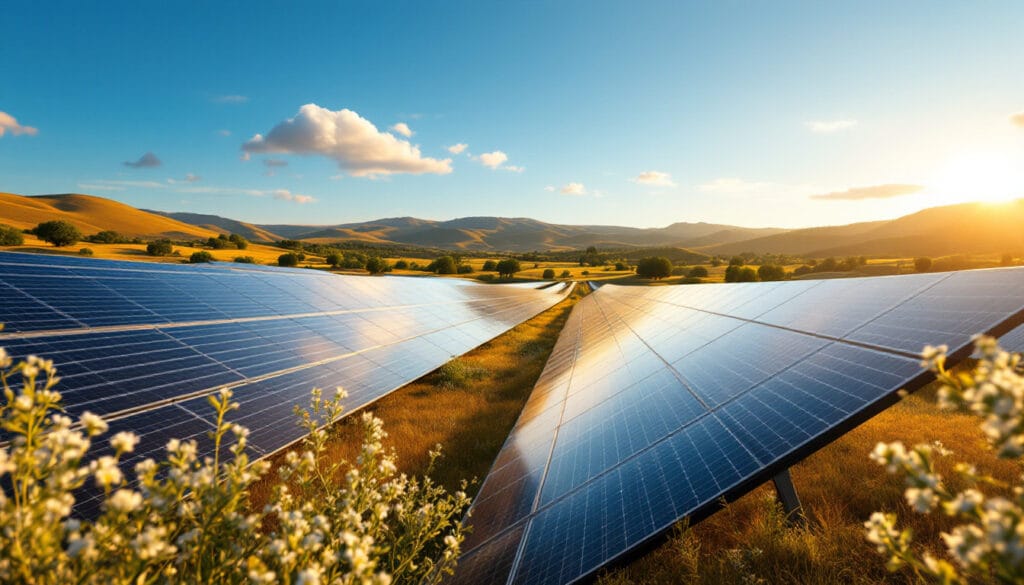The British oil giants Shell and BP are reevaluating their strategies regarding renewable energy, reducing the level of their investments in response to economic and shareholder pressures. At the same time, TotalEnergies resolutely continues on the path of energy transition, aiming to achieve 100 GW of renewable capacity by 2030, despite regulatory and geopolitical challenges. These decisions reflect a changing energy landscape where the commitment to a sustainable future is regularly confronted with fluctuating economic realities.
The British oil giants Shell and BP have decided to reduce their investments in renewable energy under pressure from their shareholders. BP is focusing on strengthening its activities in offshore wind and solar energy but has announced significant future spending cuts in the green sector. Shell, accused of climate inaction, will also reduce its investments by halting the development of new offshore wind projects.
In contrast, TotalEnergies is striving to continue its efforts to meet its goal of 100 GW of renewable capacity by 2030, despite headwinds from political and regulatory challenges. CEO Patrick Pouyanné has announced ambitious projects in various countries while highlighting the difficulties associated with regulation in France.

Table des matières
ToggleThe Challenges for Shell and BP in Renewable Energy
The transition to renewable energy represents a complex challenge for oil giants like Shell and BP. These companies have recently announced a slowdown in their investments in this sector. Shell, for example, has decided to stop developing new offshore wind projects, instead choosing to optimize the value of its existing platforms. This comes with job cuts in both the renewable sector and the hydrocarbons sector. BP is following a similar trajectory, significantly reducing its investments in renewables despite previous ambitious commitments.
Strategy and Adaptation at TotalEnergies
Meanwhile, TotalEnergies remains determined to continue its investments in renewable energy. Although the company faces challenges such as regulation in France and global political uncertainties, it maintains its ambition to reach around 100 GW of renewable capacity by 2030. This commitment is illustrated by recent acquisitions in solar and wind energy, although TotalEnergies has announced readjustments following obstacles faced with its international partners, such as in India with the Adani group.
Pressures and Motivations
The pressures exerted by shareholders and competitive challenges undoubtedly have an impact on the strategic decisions of these large companies. For Shell and BP, the need to show a quick return on investment might explain their temporary retreat from renewable energy. However, the energy transition remains an unavoidable necessity. TotalEnergies, already well engaged on this path, could benefit from their retreat to increase its market share in this rapidly expanding sector. For these giants, adapting to the new expectations of the market and authorities remains essential.





